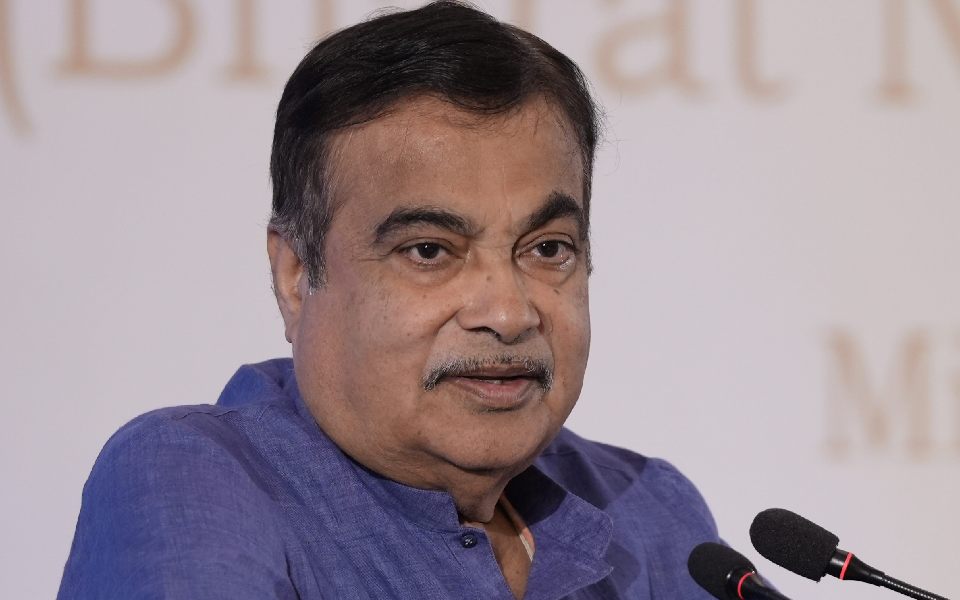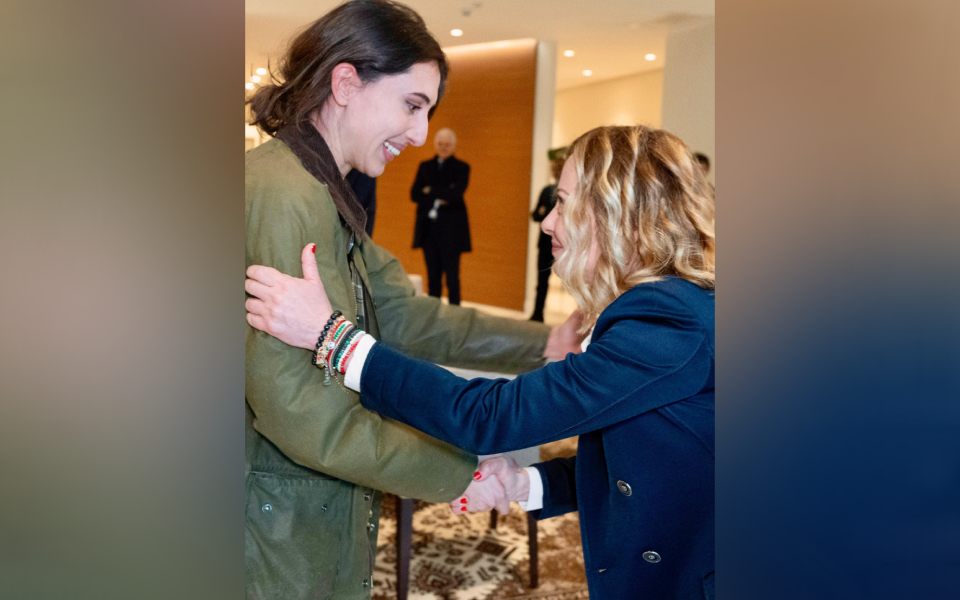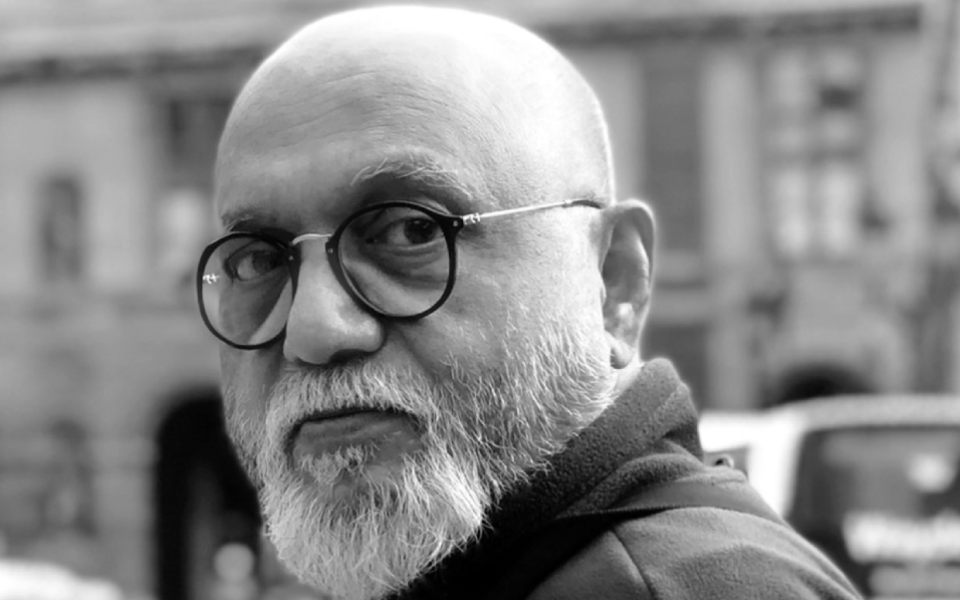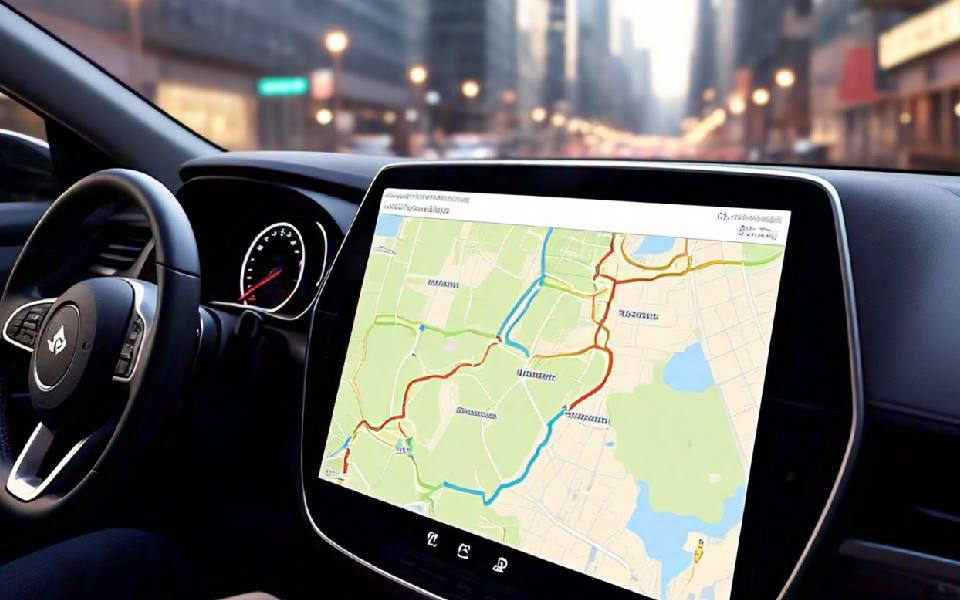Bengaluru: D K Shivakumar on Thursday officially took charge as president of Karnataka Pradesh Congress Committee after over three months since he was appointed to the post.
Called "Pratijna Dina", the function to mark the official take-over of Shivakumar as president, along with Eshwar Khandre, Salim Ahmed and Satish Jarkiholi as working presidents of KPCC, is said to have been digitally witnessed by lakhs of people from over 15,000 places.
Following the restrictions in place to control the spread of coronavirus, the ceremony was organised at the party's new office building.
Aimed at mobilising the party leaders and cadre, arrangements were made at panchayat and ward-level across the state to see to that they are part of the function through live telecast on TV channels, Zoom, YouTube and social media.
The official take-over saw immediate past president Dinesh Gundu Rao handing over the Congress flag to Shivakumar, and this was followed by party workers across locations, who were digitally watching the function, taking oath and reading the preamble of the Constitution.
The ceremony was held on Thursday after it was postponed thrice due to COVID-19 related restrictions in place.
The Congress high command had on March 11 appointed Shivakumar, a six-time MLA, known to be the Congress's chief troubleshooter in crisis situations, replacing Dinesh Gundu Rao as the KPCC chief.
Rao had quit the post in December after the party's dismal show of winning only two of the 15 seats in the bypolls.
A written message by AICC president Sonia Gandhi was read out by party general secretary K C Venugopal in which she appreciated the judicious use of technology to mobilise the workers and leaders.
Former Congress national president Rahul Gandhi telephoned Shivakumar and asked him to work for the party's success by taking everyone together.
Venugopal, Leader of Opposition Siddaramaiah, senior leader Mallikarjun Kharge, former state Congress presidents, former and present party legislators and MPs, Congress leaders from neighbouring states were among others who attended the function here, virtually.
Addressing the partymen, Shivakumar, vowing to convert Congress in Karnataka as a cadre-based party, said he was just a party worker and believes in collective leadership.
"Joining together is the beginning, thinking together is progress, working together is success," he said, while remembering that he was being written off during his arrest in a money laundering case, but Sonia Gandhi picked him for the post and even came to prison and spent time with him.
Stating that Congress should come to power again on its own in the state, Shivakumar spoke about implementing the Kerala model.
"Theres the Kerala model. All big leaders there must represent their booth. We have to follow the Kerala model...," he said.
He continues to have a tough task ahead in taking together the faction-ridden party. There were reports of Siddaramaiah being in favour of one of his confidantes to be made state president.
According to many party insiders, he is said to be the man behind the idea of three working presidents seen as a move loosen Shivakumar's grip on the party.
Several other leaders had also opposed Shivakumar's name, citing his recent arrest by the Enforcement Directorate in a money laundering case.
However, Shivakumar's loyalty, roles that he has played in the party's interest during troubled times, worked in his favour. Many feel his appointment would help in consolidating the party in southern parts of the state, where Vokkaligas are in large number.
Considered as Congress's man Friday, Shivakumar had hosted party legislators from Gujarat here in 2017 to ensure the victory of AICC leader Ahmed Patel in the Rajya Sabha elections.
He was a key link in the Congress-JDS coalition and had made hectic attempts to prevent the collapse of the H D Kumaraswamy-led government last year after a section of the then ruling MLAs revolted.
Speaking at the take-over function, Siddaramaiah said, "Our aim is to remove BJP and bring Congress to power once again to save the country."
He lashed out at Prime Minister Narendra Modi accusing him of lying and betraying the people. He hit out at the government for its handling of COVID crisis and economy.
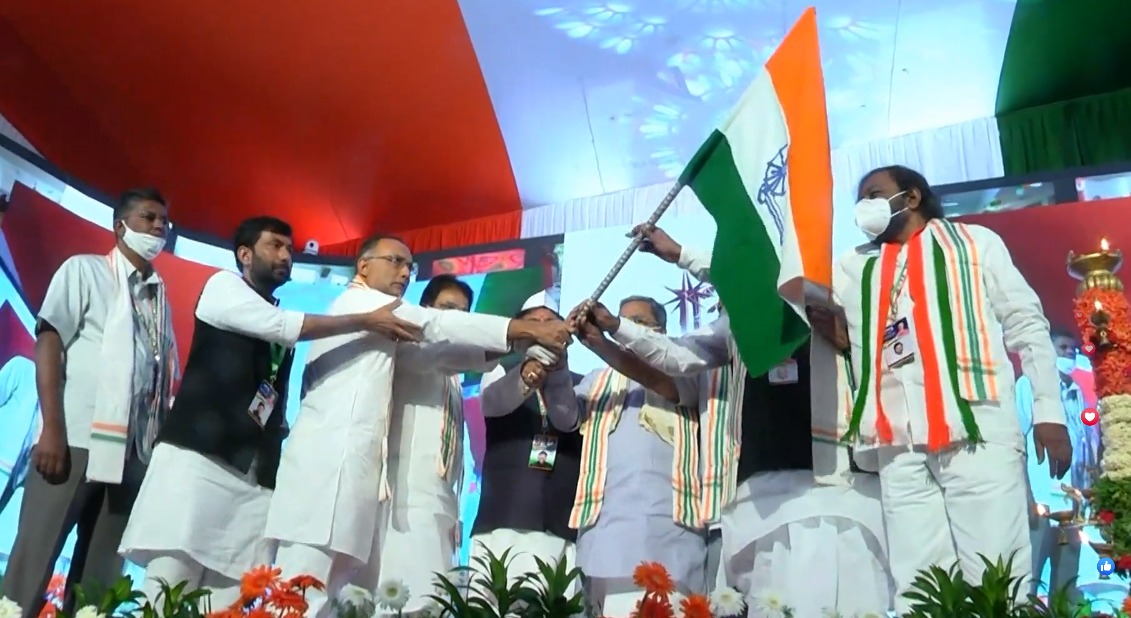
Let the Truth be known. If you read VB and like VB, please be a VB Supporter and Help us deliver the Truth to one and all.
New Delhi, Jan 8: The government will come up with a modified scheme by March to provide cashless treatment for road accident victims nationwide, under which they will be entitled to a maximum amount of Rs 1.5 lakh per accident per person, Union minister Nitin Gadkari said on Tuesday.
According to Gadkari, the scheme will be applicable to all road accidents caused by the use of motor vehicles on any category of road.
The National Health Authority (NHA) shall be the implementing agency for the programme, in coordination with police, hospitals and State Health Agency etc.
The programme will be implemented through an IT platform, combining the functionalities of the e-Detailed Accident Report (eDAR) application of the Ministry of Road Transport and Highways and the Transaction Management System of NHA.
"The broad contours of the pilot programme are -- victims entitled to cashless treatment up to a maximum of Rs 1.5 lakh per accident per person for a maximum period of 7 days from date of the accident," Gadkari said while addressing a press conference.
The government will come up with a modified scheme by March this year.
On March 14, 2024, the ministry of road transport and highways (MoRTH) had launched a pilot programme to provide cashless treatment to road accident victims.
The pilot programme -- initiated in Chandigarh -- was aimed at establishing an ecosystem for providing timely medical care to the victims of road accidents, including during the golden hour.
The pilot project was later expanded to six states.
The road transport and highways minister also said the government is studying labour laws to frame a policy for fixing working hours for commercial drivers, on the lines of pilots, as driver fatigue is resulting in fatal road crashes, Gadkari said, adding that India is facing a shortage of 22 lakh drivers.
MoRTH organised a two-day workshop on January 6, and 7, 2025 to holistically deliberate issues, solutions and next steps to be taken to help drive transformation in India's road transport sector.
During the two-day workshop, accelerating implementation of Vehicle Scrapping Policy, pan-India adoption of PUCC 2.0, timelines for introduction of BS-VII norms were discussed, along with expected reduction in pollution with the norms.
Gadkari also launched the scheme for pan-India setup of Driver Training Institutes (DTI) which provides incentives for setting up DTIs and additional incentives for integrated infrastructure of ATSs and DTIs.
The minister stressed on the introduction of specific regulations and guidelines for improving E-Rickshaw safety, given the proliferation of e-rickshaws across the country.
Gadkari said deliberations were done for introduction of Advanced Driver Assistance System (ADAS) for trucks and strict enforcement of retro reflective tape for transport vehicle safety.
Implementation of monitoring centers & vehicle location tracking devices (VLTD) for safety of women and children were also discussed.
The meeting also discussed the launch and integration of all faceless services by the end of March 2025.
"Further, a Committee of Secretaries with representatives from States, MoRTH and NIC will work towards standardization of faceless services modules, document standardization for registration," he added.


